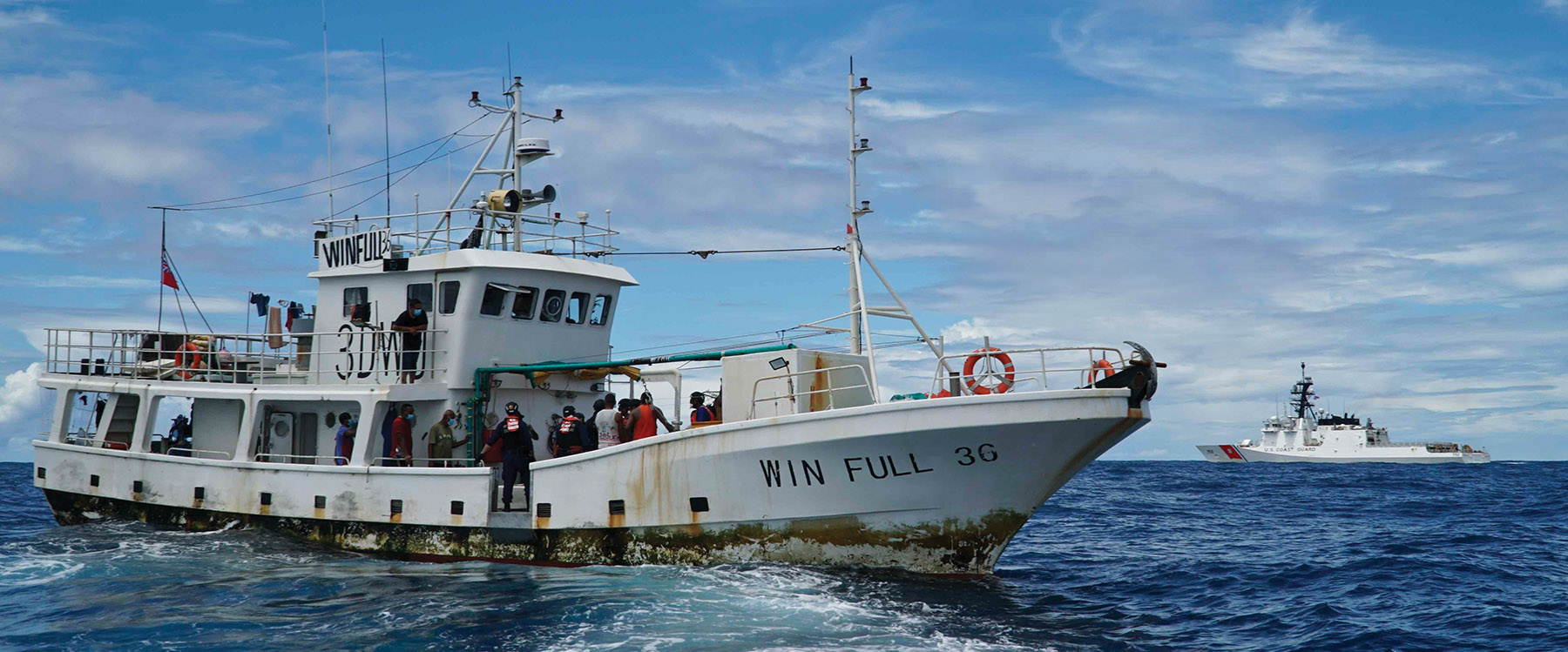American and European navies are teaming up with their counterparts from eight West African countries to conduct joint training operations off the coast of Senegal this week that are mainly aimed at combating illegal fishing off the West African coast.
As unreported and unregulated fishing has spread along West Africa’s coasts, scooping up an estimate $9.4bn annually, one of the drills in Ghana’s Volta river was recently carried out during the first maritime exercises organized by the US military under its long-running Flintlock program.
Local fishermen and fish lovers in Senegal’s capital city, Dakar, like in many other places along West Africa’s coast, are suffering as foreign, industrial-size trawlers net large numbers of fish and ship them primarily to European and Asian markets. International agencies working to stop “illegal, unreported and unregulated fishing” say that the clandestine nature of the practice makes it impossible to know how many fish are being poached.
Environmental watchdog group Greenpeace says some trawlers can scoop up as much as 250 tons of fish per day, emptying coastal areas.
The ongoing sea-based training in the Gulf of Guinea culminated with soldiers holding their guns aloft as they braved neck-high waves before storming a beach resort to defuse a staged hostage crisis. Military bigwigs and diplomats watched from nearby.
The program had expanded to help coastal nations in the region cope with maritime threats such as piracy and illegal fishing, said Admiral Milton Sands, commander of the US Special Operations Command for Africa (SOCAF). Unauthorised fishing “is a significant one that we’re really trying to work with our partners to get our arms around slowing down,” he said. About 350 troops took part in the drills including servicemen from Côte d’Ivoire, Ghana and Nigeria on the Gulf of Guinea. The area has become a global piracy hotspot in recent years although cases have fallen there since 2021, according to the UN Security Council.



